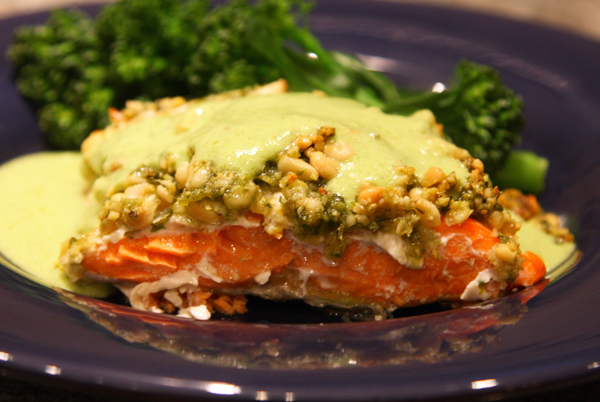 According to the stick in my back yard, we are now down to just over two feet of snow remaining. So we must be close to fishing season and barbeque season–you’re following my logic, right? I love those days in the great Alaska sunshine, the breeze in my hair, and the fish are running. I love stocking my freezer with wild salmon: kings, silvers, reds…
According to the stick in my back yard, we are now down to just over two feet of snow remaining. So we must be close to fishing season and barbeque season–you’re following my logic, right? I love those days in the great Alaska sunshine, the breeze in my hair, and the fish are running. I love stocking my freezer with wild salmon: kings, silvers, reds…
And this handful of recipes is sure to please:
Pine Nut & Basil Encrusted Salmon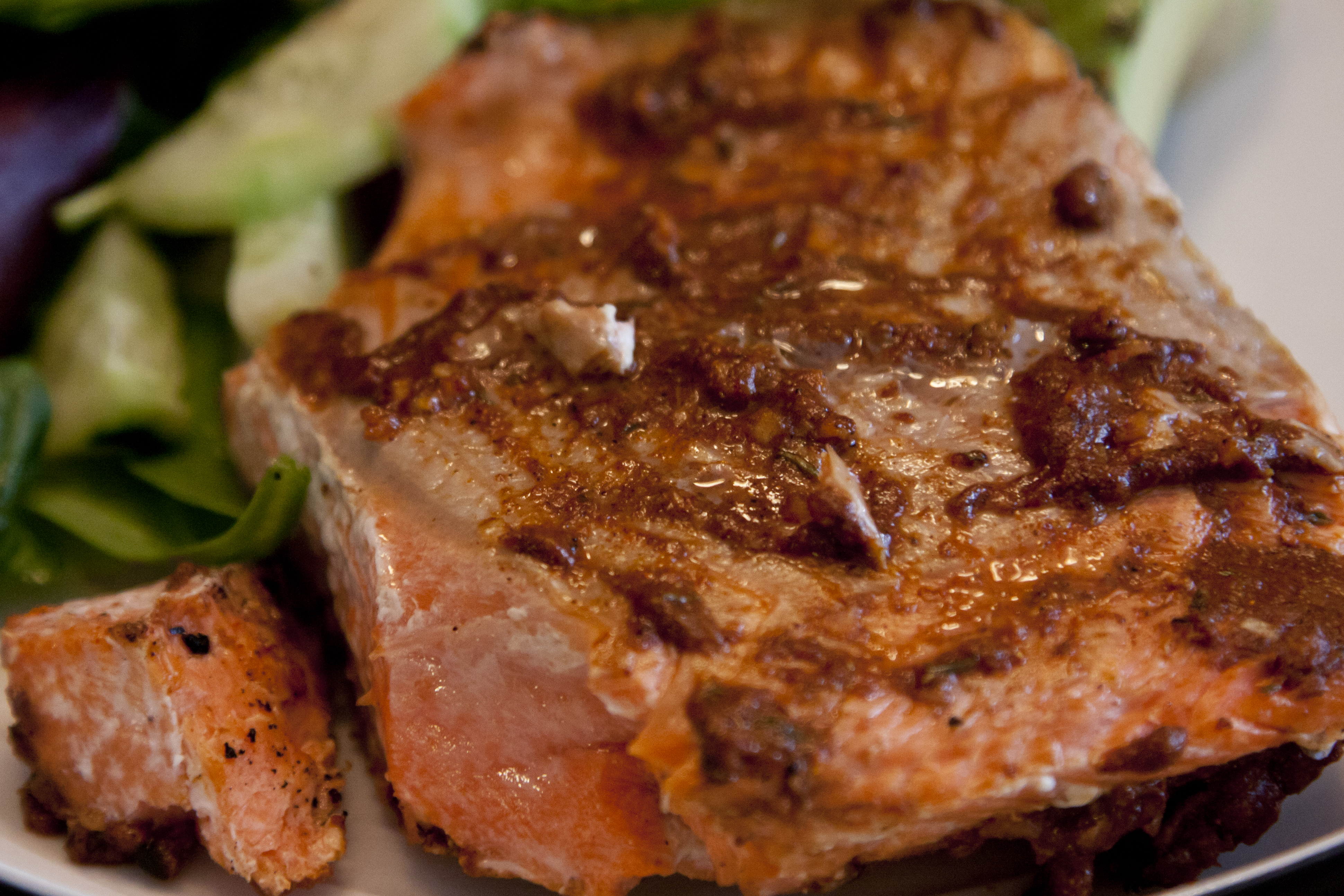
Just please don’t use farmed fish.
Here in Alaska, where wild salmon harvests are successfully managed, we don’t often worry about whether or not our salmon is wild caught–we assume it is. While there are a few farms in British Columbia that raise Pacific salmon, we can be assured that almost all Pacific salmon is wild caught.
But the Atlantic cousins did not fare so well. After decades of unrestrained commercial fishing devastated North America’s salmon populations, by 2000 the wild caught stock of Atlantic salmon was so reduced that there was essentially no wild Atlantic salmon left. Because of this, anything labelled Atlantic salmon is now extensively farm raised: primarily in Chile, Norway, Scotland, and British Columbia.
Unfortunately, the goal of cheap and plentiful nutritious salmon is only partly realized: farm-raised salmon costs less, comprises 50% of the commercial market, but it is not very nutritious and in fact may cause more health harm than benefit. Read on.
If you are like most people who read this blog or stay healthy with Designed Clinical Nutrition at the Alaska Health Improvement Center, you are looking for healthy food choices. For you, here’s why the distinction between farmed or wild salmon is extremely important.
Most restaurants serve Atlantic salmon (farmed) and most grocery stores carry farmed Atlantic salmon, depending on the season.
Atlantic salmon is high in toxic chemicals:
Salmon aquaculture, also known as salmon “farming”, is the industrial mass production of salmon. Farmed salmon are raised in net cages located in the ocean close to shore. Disease and parasites tend to multiply quickly in these densely populated feedlots. Because of this, farmers have to feed caged fish large quantities of antibiotics and pesticides. Residues of these chemicals are passed to the humans who eat farmed fish. This contributes to “superbugs” that can resist antibiotics in people, and these chemicals can cause cancer, high blood pressure, strokes, immune-system problems and reproductive disorders.
Two introductory studies in Great Britain and Canada have indicated that farmed salmon accumulate toxic dioxins and caricinogenic polychlorinated biphenyls, or PCB’s, at a far higher rate than their equivalents in the wild. PCBs and dioxins are chemicals that can affect normal development in children and do not break down in nature. Another study in 2003 concluded that farmed salmon found in American grocery stores contained 16 times the PCB content as wild salmon, while similar research in Canada, Ireland and Great Britain is taking place.
Farmed fish like salmon and trout are also nutritionally deficient when compared to their wild caught counterparts.
While wild-caught salmon are renowned for their extremely high levels of naturally occurring Omega-3 fatty acids, farm-raised salmon and trout contain higher amounts of Omega-6 fats. Omega-6’s are pro-inflammatory and too much of them will promote unhealthy conditions in the body including hyperactivity and other nervous system disorders.
Even the color of the salmon meat is not quite right (gray) in farm-raised. To make their product more marketable, most fish farm companies add the chemical canthaxanthin to their fish feed to provide a pink hue. Canthaxanthin is linked to a slew of health issues like retinal damage and was banned as a tanning agent. The fish farming industry actually hides the fact of using this coloring.
Fish farming causes environmental problems.
In addition, concentrated fish farm waste leads to concentrations of “dead zones” around the fish cages–zones where the water is literally starved of oxygen and nutrients and where nothing can really live. Fish farm pesticides and chemicals take a huge toll on the environment. And with pressure to introduce genetically modified salmon that can readily escape and crossbreed with wild, we do not know what havoc can be created.
Yes, cho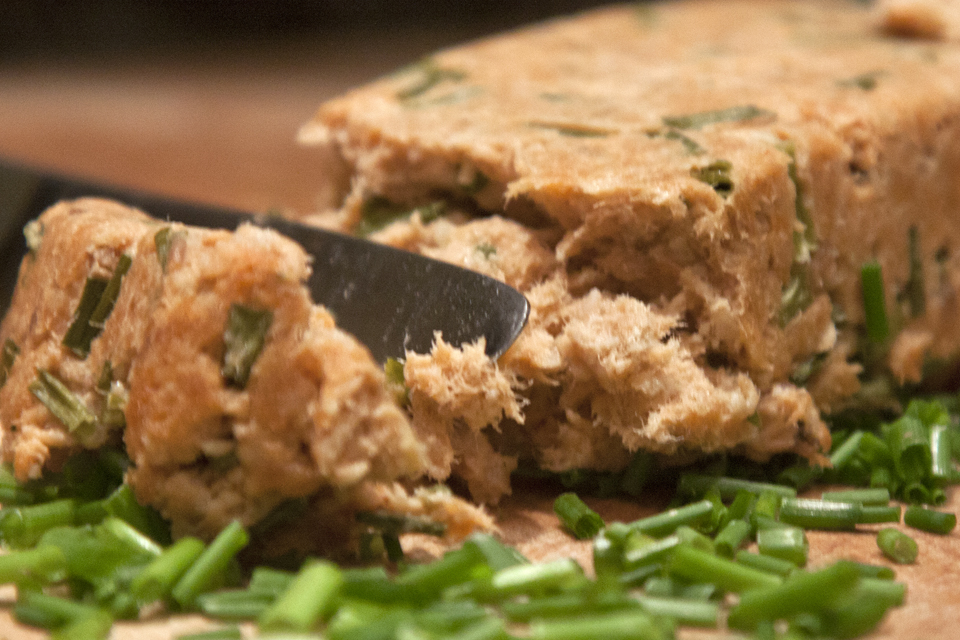 osing wild caught fish does put some pressure on the remaining wild population. It increases responsibility for sustainable fishing and consumption practices. It also sends a message against the practice of farming fish; a practice that leads to more health concerns not just for us but also our oceans.
osing wild caught fish does put some pressure on the remaining wild population. It increases responsibility for sustainable fishing and consumption practices. It also sends a message against the practice of farming fish; a practice that leads to more health concerns not just for us but also our oceans.
Recipes like Grilled Jamaican Jerk Salmon, Southern Alaska Salmon Cakes, and Pine Nut & Basil Encrusted Salmon are true favorites. They sustain and you’re not likely to have leftovers. But if you find yourself with a bit of extra cooked salmon, there is still hope: try my Salmon Pate. Enjoy!





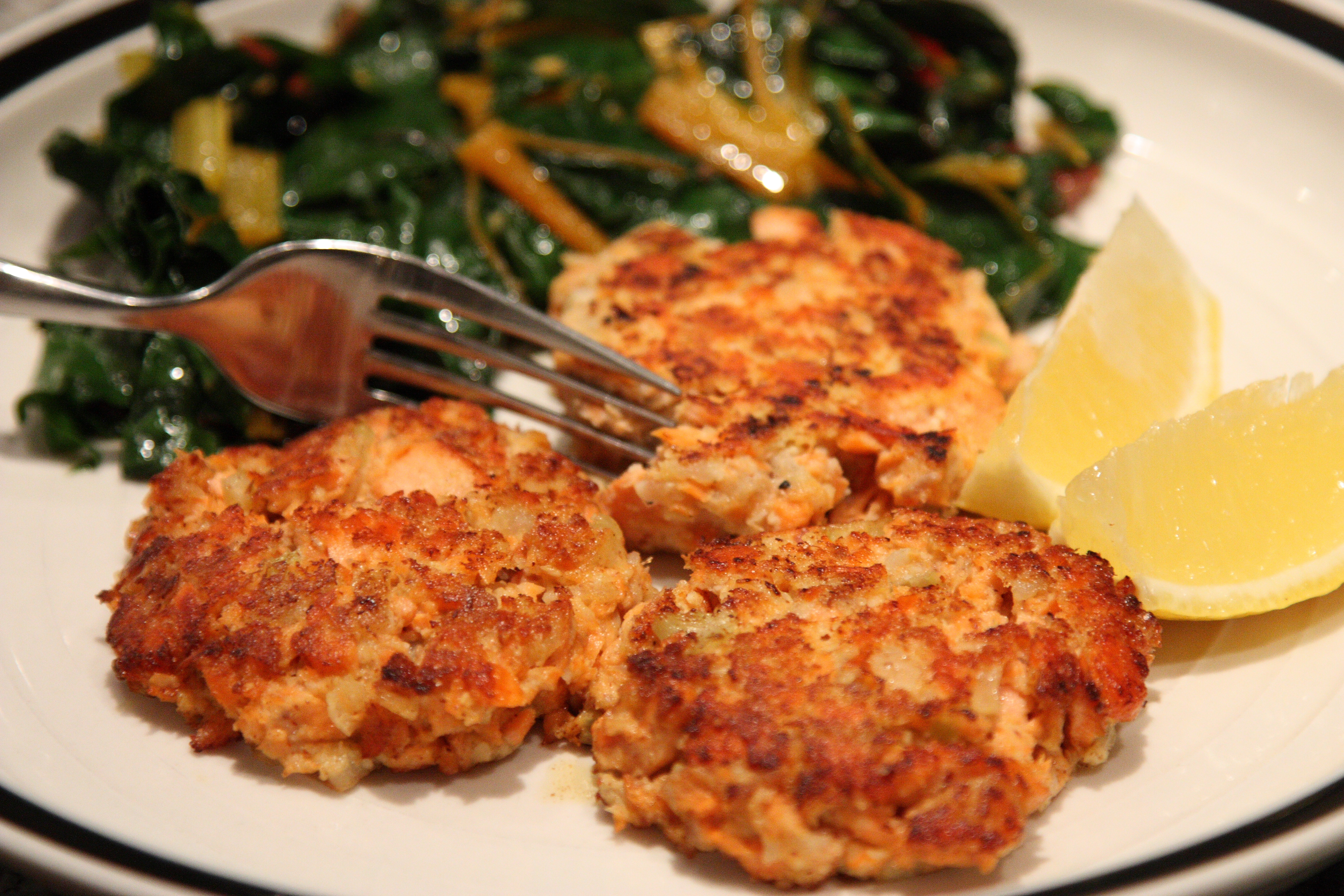

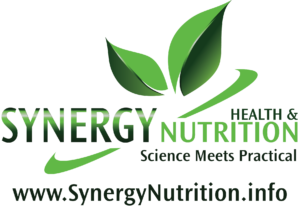
Pingback: 80% of US packaged food banned in other countries - Our Nutrition Kitchen.com
Hi! I’ve been reading your site for a while now and finally got the bravery to go ahead and give you a shout out from New Caney Texas! Just wanted to say keep up the excellent job!
Thank you!
Pingback: Fish: Wild or Farmed? « theAfterBurnSG
Pingback: Catch of the Day, Sea Trout | A Letter from Pimlco
Pingback: The superfood power of wild caught salmon « Talesfromthelou's Blog